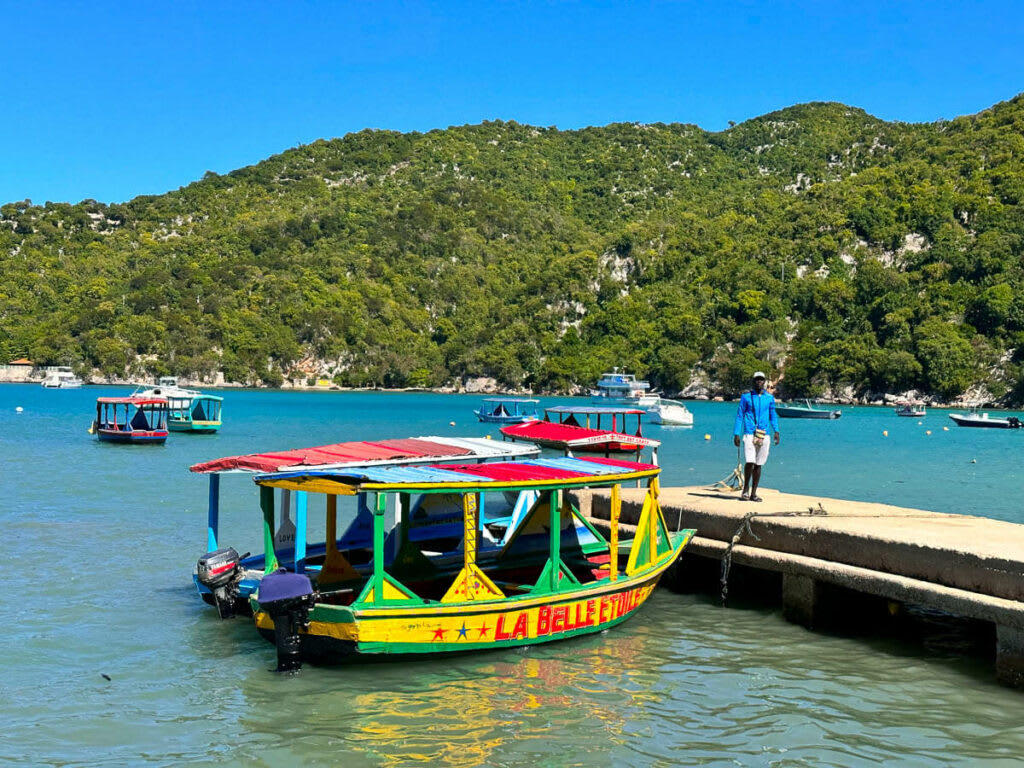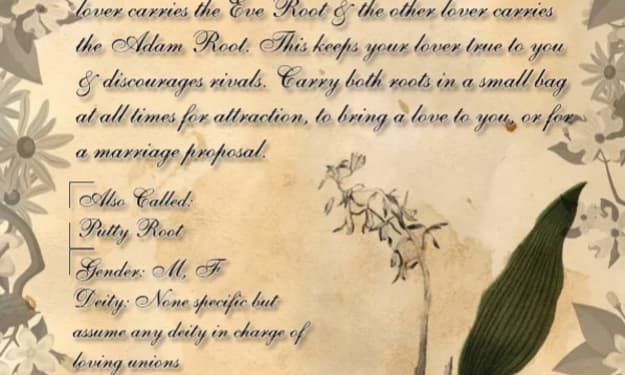Journey To Haiti
The joy and the travails of Travel

My journey begins here, in a small beach village in southern Haiti, where Haitian merchants, primarily women, are preparing for a nighttime boat ride. Their goal: to reach the border and enter a Dominican market to buy and sell goods before returning to their villages. This is international trade at its most informal. The boats are necessary because the mountain range next door makes the land journey nearly impossible.
These worn-out wooden boats have been making this journey twice a week for decades, yet the process remains chaotic and unorganized as if it's happening for the first time. All this energy, time, and effort are spent to transport a handful of goods that, in most countries, would be shipped in bulk.
We embark on a seven-hour journey to the border town, arriving around 4 AM. As the sun rises, we walk to the border market. This market was established on the border as a partnership between the two nations, providing vendors from both sides a place to buy and sell on equal footing. But as we approach, it becomes clear that's not the reality. Dominicans are already setting up while Haitians are stuck waiting to cross, held up by border guards.
Haitians travel miles on a grueling boat journey, only to be delayed at the border. The guards are supposed to open it up for everyone at the same time, but they don't. Hours after the Dominicans have entered, the guards finally open the bridge. The Haitians buy and sell for the day before returning to their boats for the journey home. This grueling journey and senseless discrimination highlight the asymmetry on this island. Observing this, it's impossible not to question how it got this way.
To understand the root of it, we need to go back to when this island was divided between two European powers: France and Spain. Christopher Columbus set up the first colony here in the 1490s. France, attracted by the island's rich resources like sugar and coffee, fought a war with Spain and ended up splitting the island: the Spanish colony of Santo Domingo and the French colony of Saint-Domingue.
The French exploited the land aggressively, importing many slaves and focusing solely on economic production. This led to soil degradation and a population of overworked, abused slaves who eventually rebelled. The Spanish, on the other hand, did not exploit the land as intensely. They brought fewer slaves and integrated more with the remaining indigenous population, leading to a more sustainable economy and political system.
When independence came in the early 1800s, Haiti declared itself the first black former slave republic in the world, but with little framework for governance and land that had been exploited. The world isolated Haiti, with the US refusing to recognize it and the French demanding a crippling independence debt, which Haiti paid back over years, hampering its development.
This history doesn't excuse the dictators and corrupt politicians that have plagued Haiti, but it helps explain them. Suffocating embargoes, the independence debt, and the lack of investment in governmental institutions guaranteed Haiti's struggle from the beginning, and a racist world ensured it continued.
Today, racism is still very much alive. On a drive up the border, my driver, also a Dominican border patrol official, tells me about recent immigration policy changes in the Dominican Republic. Since 2010, anti-Haitian sentiment has seeped into legislation. The Dominican Constitution was rewritten to deny citizenship to those born to undocumented immigrants retroactively, leaving over 200,000 people stateless.
This policy is clearly illegal, immoral, and racist, targeting people because they are black. The Dominican government forces these stateless individuals to register as foreigners or face deportation. Over 55,000 have been deported since 2015, and the UN estimates 128,000 have fled to Haiti, many never having lived there.
Crossing into the DR, I see the impact of this crackdown. On a 75km bus ride, we pass eight security checkpoints, where guards only check the papers of certain passengers, targeting those of Haitian descent. My translator, Pascale, an American citizen, is repeatedly asked for his passport because he is black. We witness a woman and her children being turned in at a checkpoint, despite her fluent Dominican Spanish and claims of her children's citizenship.
Haiti's land and people were abused as a slave colony and shunned as a new nation. Today, Haitians in the DR face overt racism enshrined in law. Driving up the curvy road, with lush jungle on the DR side and bare, eroding hillsides on the Haitian side, the stark difference is clear. This division is a result of centuries of racist policies from colonial powers and the DR itself.
In the northern market town, built with EU and UN funds to create equal footing for vendors from both sides, the same discriminatory dynamics play out. Dominicans set up first, while Haitians wait, paying bribes to border guards.
This story is about a border separating two vastly different countries, shaped by centuries of racist policies. Haiti, the first black republic, has faced some of the most predatory and racist policies. For Haitians, this is not just history; it is their present reality.
Thank you to lululemon for sponsoring this journey. Their versatile, sturdy ABC pants have been perfect for both hiking and lounging as I document Borders. Thank you, lululemon, for supporting this project. If you're interested in trying them, I highly recommend it.
About the Creator
Gimalo Angel TV
Gimalo-Angel Olowogoke is the Presenter and Producer of Space.com. She also Heads Environment Desk for LN247 Bulletins.
Space.Com Is A Program That Centers On The Environment And How It Affects The People Living In It.
Enjoyed the story? Support the Creator.
Subscribe for free to receive all their stories in your feed. You could also pledge your support or give them a one-off tip, letting them know you appreciate their work.





Comments
There are no comments for this story
Be the first to respond and start the conversation.